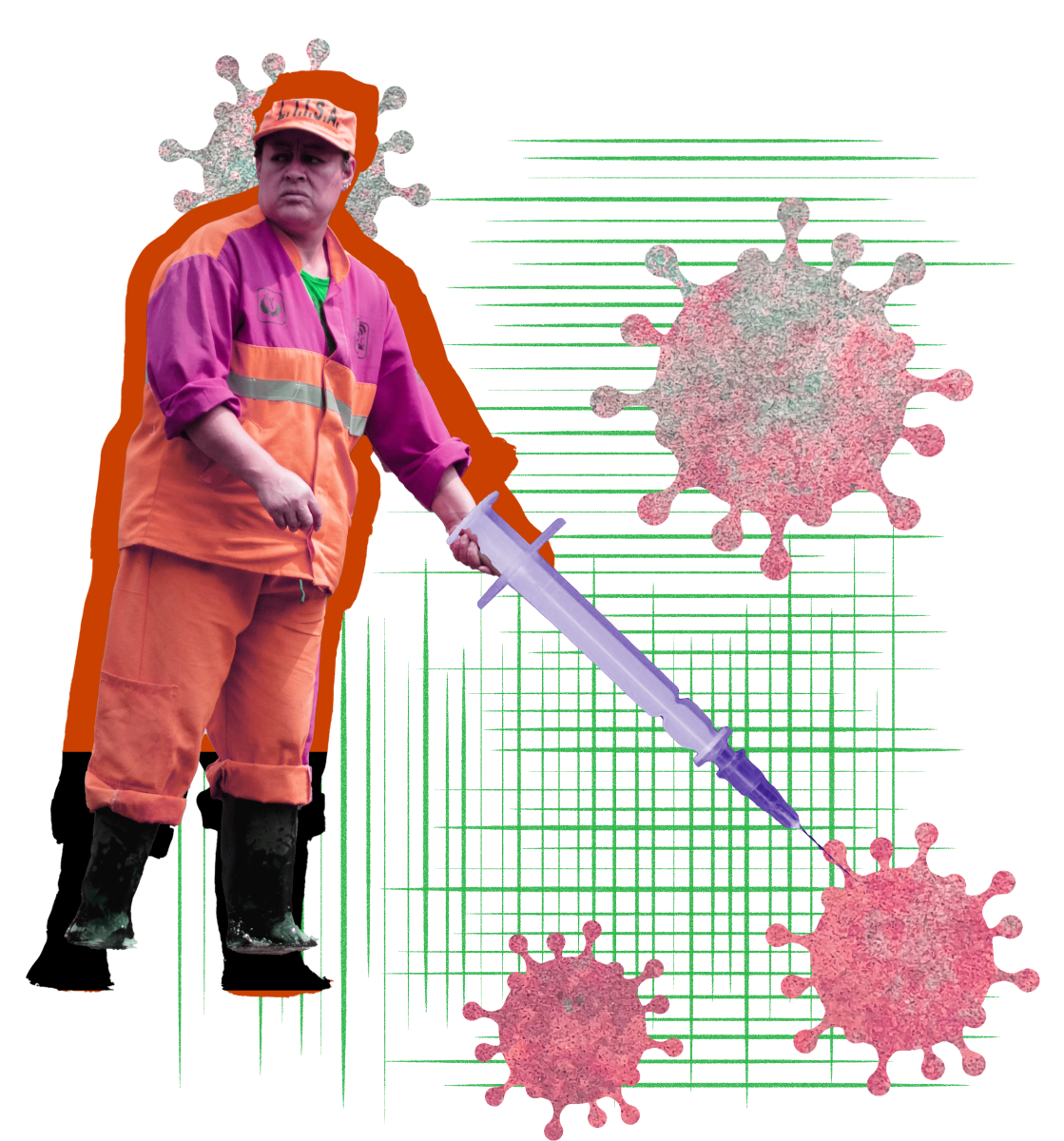NJIT students had the opportunity to exchange thoughts at the “Science, Technology, and Human Rights Forum” last Wednesday in the Campus Center ballroom. The presentation was hosted and organized by members of NJIT’s chapter of Engineers Without Borders, and the main speaker was Theresa Harris. Harris went to law school, previously held a position on the board of directors of Amnesty International, and currently works for the American Association of the Advancement of Science (AAAS).
The introduction to the presentation described how under the current political situation, the “core integrity of scientific enterprises [has been] threatened”. The Director of the Murray Center of Technology described how scientists should be free to experience “open collaboration, communication, and freedom of difference in perspective”. Students were encouraged to not settle into echo bubbles, to avoid only consuming media that reflects their own tastes and opinions, and to “speak scientific truth to power”.
The audience was educated more about the AAAS as an organization. The AAAS is a group whose goals include the advancement of science, and the advancement of science’s role in society. Harris described human rights of scientists and engineers, which include freedom to associate with other scientists, freedom to conduct research (responsibly), freedom to communicate scientific knowledge, and freedom of movement (including the right to travel). The organization has been trying to protect these rights in a number of ways: they have 1000 volunteer scientists working at their disposal and they have been advising the UN on the right to science. The group also encourages students to get involved in science and human rights through essay competitions and the like.
The latter half of the presentation involved students from Engineers Without Borders leading presentations and discussions about the relationship between science and human rights. In spite of technical difficulties, the students persevered and worked to get their point across. Vice President Prasanna Tati led a discussion regarding how to determine whether experiments are ethically questionable or not, while Events Committee Chair Micaela Itona demonstrated how necessary distribution of scientific knowledge is in our society by bringing up the issue of the Dakota Access Pipeline. Other issues that were discussed included bias in scientific research and inequity in scientific advancement.
This colloquium helped to spike wider student interest in understanding what rights should be guaranteed to those who pursue STEM as a field. It is critical for those who wish to pursue science as a profession to understand what rights they should be guaranteed if they are to fight for them.






































